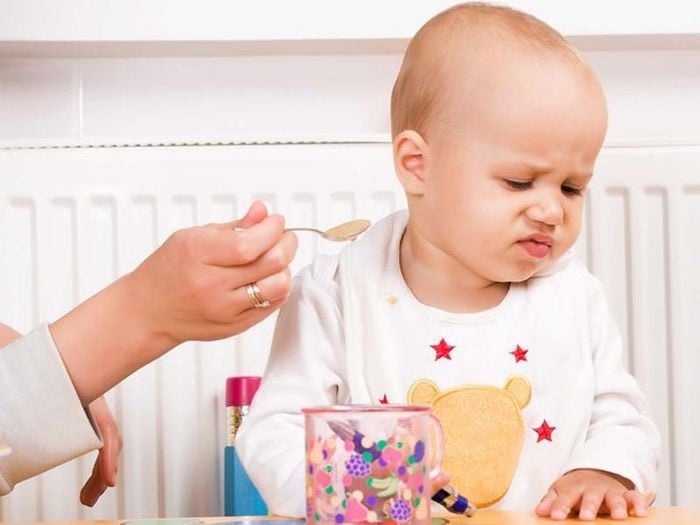
Zinc is an essential micronutrient that plays an important role in health.
Zinc is an essential micronutrient that plays an important role in health. Zinc participates in the activity of enzymes that divide cells, develop the body and immune function, and regulate taste. Zinc is an indispensable component for children's bodies in the first years of life. Zinc deficiency is a condition in which zinc in the body is low, affecting the normal growth and development of the body, causing impaired functions, including the immune system, digestion, nervous system, endocrine system, bones, muscles, and sexual maturity.
Symptoms of zinc deficiency in children
Zinc deficiency in children manifests in many different forms and depends on the child's constitution. However, in general, when zinc deficiency occurs, children often have the following symptoms:
- If zinc deficiency is mild to moderate:
Children with mild to moderate zinc deficiency will have poor appetite, combined with other harmful disorders (nonspecific clinical signs) that can occur with zinc deficiency such as:
+ Symptoms of malnutrition: Children have slow growth, slow height growth, mild and moderate malnutrition.
+ Symptoms of digestive and metabolic disorders: Children will have symptoms of anorexia with reduced eating and breastfeeding. (Decreased energy consumption). Selective anorexia with meat and fish (not eating meat and fish). Children will have symptoms of indigestion, mild constipation, nausea and prolonged vomiting in children.
+ Symptoms of mental and neurological disorders: Children will have symptoms of sleep disorders (difficulty sleeping, insomnia, waking up, prolonged night crying); Weakness (headache, nervous irritability, memory loss...). Emotional disorders (apathy, depression, mood swings). Taste and smell disorders, decreased appetite. Hyperactivity, disability, cerebral palsy, psychomotor retardation. Weakened brain activity, slow dreaming, paranoia, speech ataxia.
+ Symptoms of decreased immunity: Children with zinc deficiency may have recurrent respiratory infections (rhinopharyngitis, bronchitis, recurrent pneumonia). Gastrointestinal inflammation, diarrhea. Dermatitis, burns, pustules, mucosal inflammation.
+ Epithelial damage symptoms: Children will have dry skin, dermatitis on the front of the two lower limbs, melasma, peeling skin, keratosis and cracked skin on both heels. Inflammation of the mucous membranes of the mouth, inflammation of the tongue (geographic tongue). Slow healing of wounds (burns, ulcers due to lying down for a long time). Skin allergies, itching of the eyes and ears (children often rub their eyes and ears), keratosis pilaris. Nail dystrophy, inflammation of the nail bed. Brittle hair that breaks easily and falls out, baldness.
+ Symptoms of eye damage: Children will be afraid of light, have dry eyes. Loss of ability to adapt to the dark, blindness at night, night blindness.
- If zinc deficiency is severe:
Severe zinc deficiency in children will have typical skin lesions in acrodermatitis, with symptoms such as:
+ Skin inflammation, keratosis, darkening and peeling of the outer skin of both calves (fish scales), baldness, nail dystrophy (wrinkled nails, white streaks, slow growth),
+ Symptoms of corneal ulcers and inflammation around natural openings (anus, vulva) along with diarrhea are often associated with secondary infections with Candida Albicans or Staphylococcus Aureus...
+ Increased susceptibility to infections (causing recurrent infections.)
+ Nervous stimulation, cognitive disorders, psychotic lethargy.
+ Slow psychomotor development.
+ Slow sexual development, decreased gonadal function, low sperm count, impotence.
+ Severe malnutrition.
Children should see a doctor for guidance on care or zinc supplements. Illustration photo.To prevent zinc deficiency in children, what should parents do?
In fact, zinc is not usually stored for long and has a short biological life (about 12.5 days), so children's bodies can easily become deficient if their daily diet does not provide enough.
In addition, children often suffer from diarrhea, infectious diseases, etc., which are the causes of zinc deficiency. If during pregnancy and after birth, the amount of zinc the mother provides to the body is not enough, it will lead to zinc deficiency in children.
Therefore, to prevent zinc deficiency in children, parents need to pay attention to choosing foods rich in zinc right from pregnancy, after birth and throughout the process of raising children. Parents need to breastfeed their children. Do not wean before 12 months.
During the weaning period, children need to eat a full and varied diet, especially foods of animal origin such as meat, fish, eggs, milk, and seafood. It is necessary to pay attention to food hygiene and safety practices, use fresh foods, and ensure vitamins and minerals.
In addition, children with diarrhea and infections need to be examined and treated early. The treatment process requires attention to a zinc-rich diet, especially when suffering from infections and diarrhea.
Prevent malnutrition in children causing malnutrition, if necessary, take your child to see a doctor for guidance on care or prescription of zinc supplements. Parents should absolutely not arbitrarily buy functional foods or preparations for children to drink, leading to incorrect or excess dosage, which is not good for children's health.
| According to the national nutrition survey data of the National Institute of Nutrition, out of 10 children under 6 years old, 7 children are zinc deficient (accounting for about 70%). This is a worrying number regarding zinc deficiency in young children, requiring timely intervention to avoid future consequences. |
According to Health and Life
Source link



![[Photo] Conference of the Government Party Committee Standing Committee and the National Assembly Party Committee Standing Committee on the 10th Session, 15th National Assembly](https://vphoto.vietnam.vn/thumb/1200x675/vietnam/resource/IMAGE/2025/10/15/1760543205375_dsc-7128-jpg.webp)
![[Photo] General Secretary To Lam attends the 18th Hanoi Party Congress, term 2025-2030](https://vphoto.vietnam.vn/thumb/1200x675/vietnam/resource/IMAGE/2025/10/16/1760581023342_cover-0367-jpg.webp)


![[Photo] Many dykes in Bac Ninh were eroded after the circulation of storm No. 11](https://vphoto.vietnam.vn/thumb/1200x675/vietnam/resource/IMAGE/2025/10/15/1760537802647_1-7384-jpg.webp)


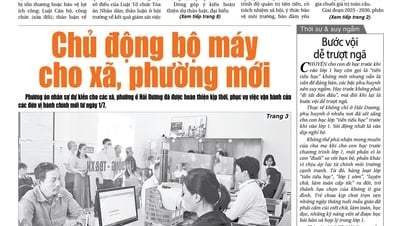





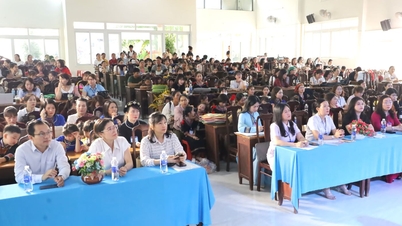

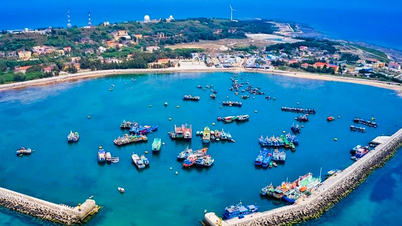


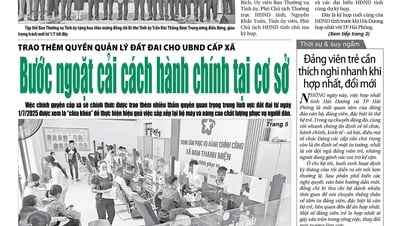
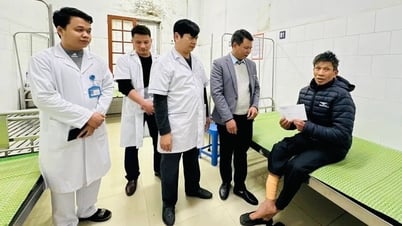






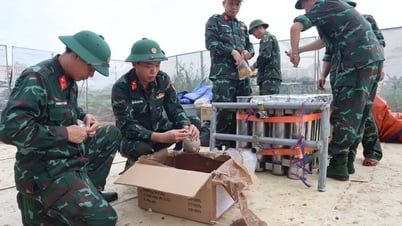

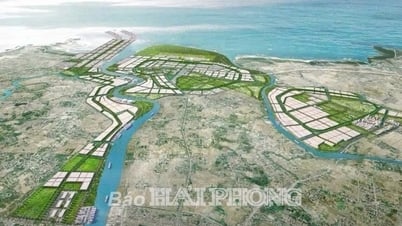



![[Video] TripAdvisor honors many famous attractions of Ninh Binh](https://vphoto.vietnam.vn/thumb/402x226/vietnam/resource/IMAGE/2025/10/16/1760574721908_vinh-danh-ninh-binh-7368-jpg.webp)













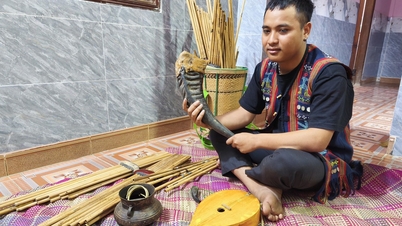






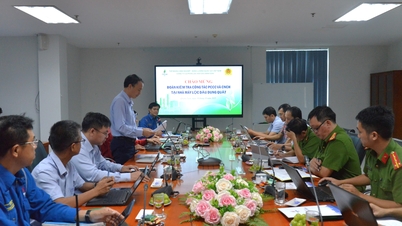











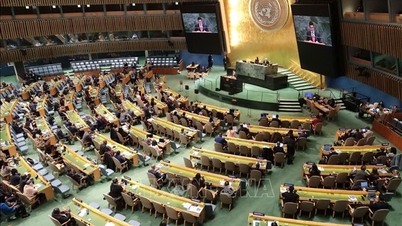



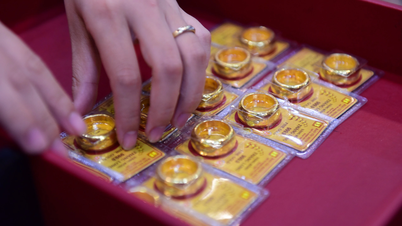


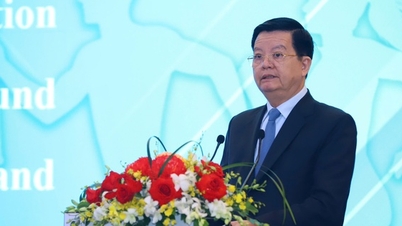


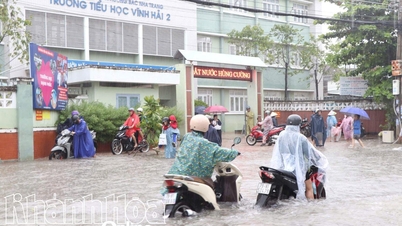

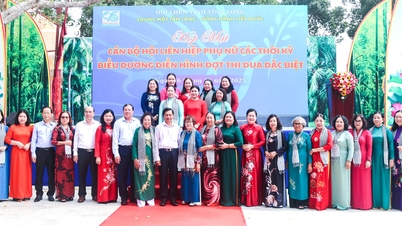


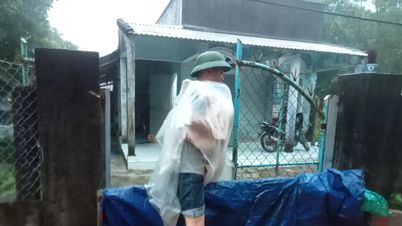

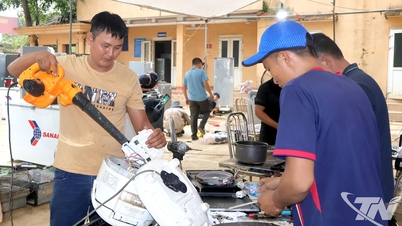


















Comment (0)